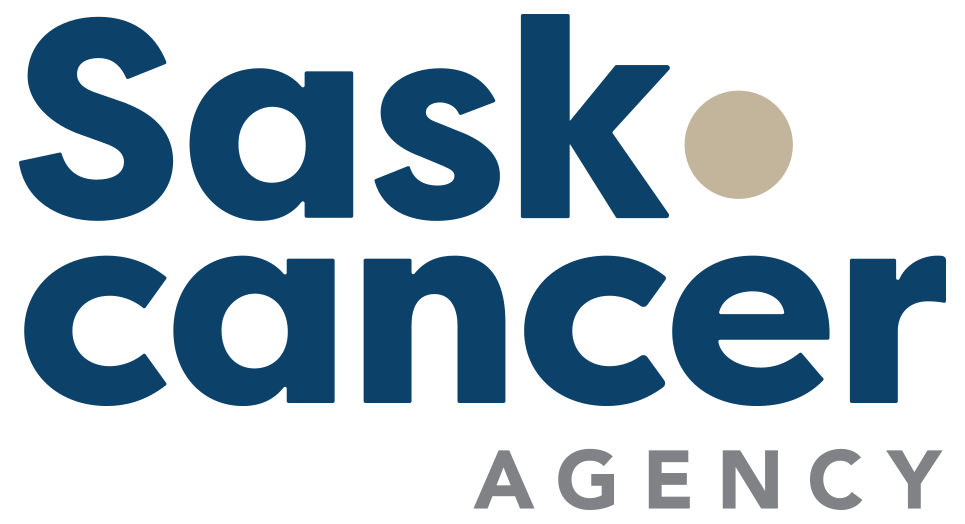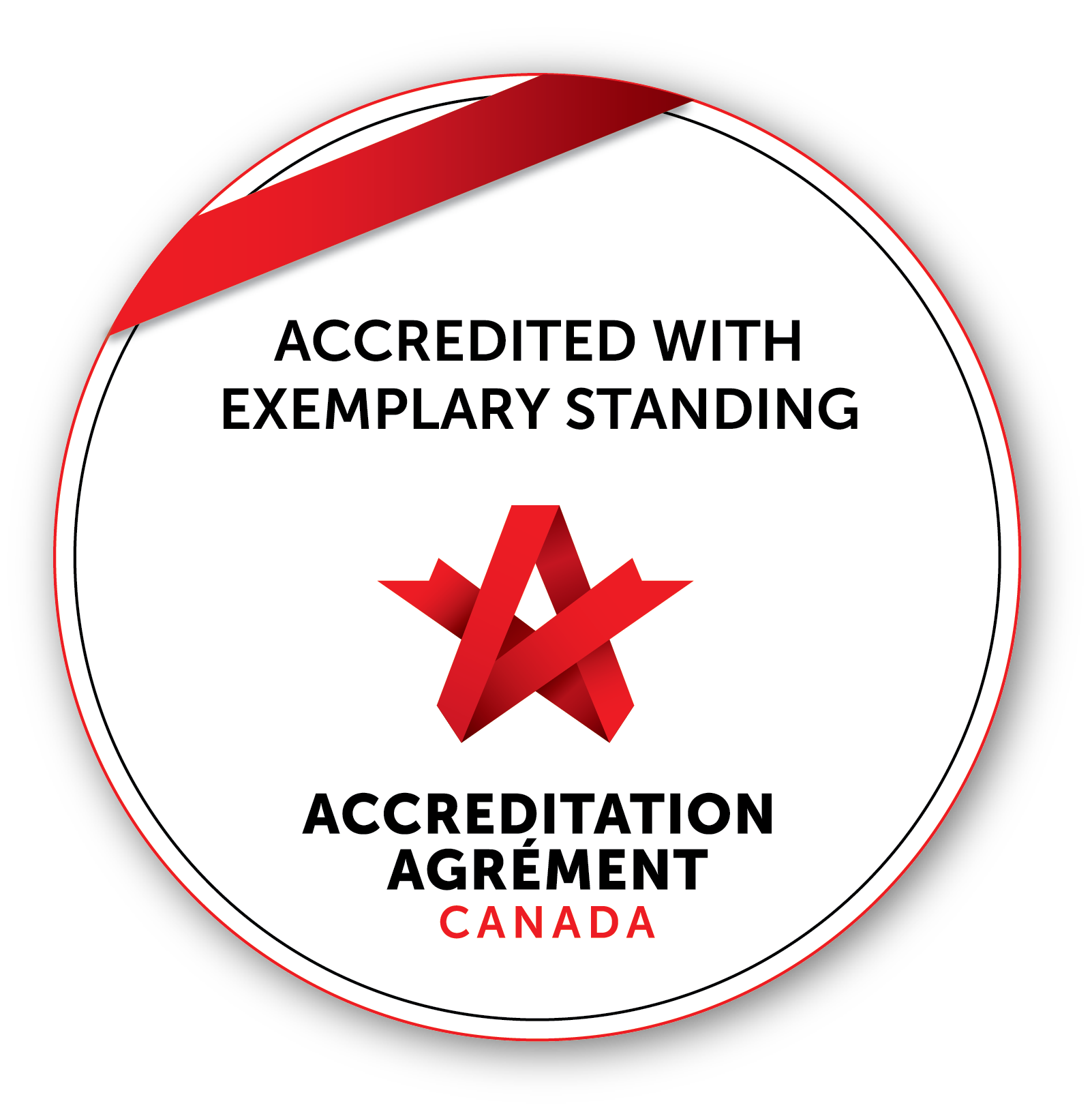COVID-19 mRNA Vaccine in Adult Patients with Cancer
Published January 7, 2021
Patients should continue to practice recommended public health measures for prevention of COVID-19 infection regardless of vaccination status.
These recommendations relate to the two currently Health Canada approved Pfizer-BioNTech COVID-19 vaccine (BNT162b2) and the Moderna COVID-19 (mRNA-1273 SARS-CoV-2 vaccine) vaccines based on mRNA technology.
Both of these vaccines have been shown to be safe and effective in the general population. There is limited evidence in cancer and immunocompromised patients since they were not included in these phase 2/3 vaccine trials.
The information below may not be appropriate for all patients and should be adopted based on individual patients’ risk benefit assessment.
The advice below is based on the best available evidence at this time. The recommendations can change quickly as the real world and other evidence becomes available.
Live attenuated vaccines are not recommended in active cancer patients or immunosuppressed patients. mRNA and vector based vaccine technology is deemed safe in cancer and immunosuppressed patients.
Should patients undergoing active treatment for cancer receive the COVID-19 vaccine?
Patients with cancer have an increased risk of severe COVID-19 and some studies show a higher risk of mortality among patients with hematologic and lung malignancies, stem cell transplantation in last six months, and certain immunosuppressive therapies.
Patients with cancer may have diminished immune response to vaccine. Efficacy will depend on the patient’s ability to mount a response to the vaccine which in turn will depend on multiple factors like age, comorbidities, type and stage of cancer, type and timing of immunosuppressive therapy.
Based on evidence of other anti-infective vaccines in patients with cancer and immunosuppressive therapy, the benefits of vaccinations seems to outweigh the risks.
Patients who receive vaccination during treatment could have decreased or no response to the vaccine. Although patients with active cancer may have suboptimal immune response, it may still provide enough benefit to reduce the severity of COVID-19.
The patients should be counseled regarding unknown safety profile and effectiveness of COVID-19 vaccine in immunocompromised patients and the benefit and risks of vaccination based on their cancer situation and treatment. At this time patients with cancer may be offered vaccination against COVID-19 as long as any component of the vaccine is not contraindicated.
What is the optimal timing for COVID-19 vaccine in cancer patients on treatment?
Optimal timing of COVID-19 vaccination in patients receiving chemotherapy, immune checkpoint inhibitor treatments, targeted treatments, radiotherapy, carT-cell therapy, HSCT or other immunosuppressive therapies is not yet established. The following guideline on the timing of COVID-19 vaccine has been adapted from the information from inactivated influenza and other vaccines in immunocompromised patients.
Cytotoxic chemotherapy: If possible vaccination should be given at least two weeks prior to starting systemic therapy or immunosuppressive therapy. If both doses con not be given prior to starting treatment, at least the first dose of vaccine should be given two weeks before starting treatment. The second dose could be administered a few days prior to the next cycle. Prioritization of chemotherapy schedule or vaccination schedule should take into account risk assessment.For patients on active treatment, vaccination should be avoided at the time, when neutropenia or lymphopenia is anticipated. Vaccination should not be given on the same day of cytotoxic treatment. If the second dose of vaccine is delayed for any reason, it should be administered as soon as possible.
Immune checkpoint inhibitors: Recent evidence of patients receiving inactivated influenza vaccine within 2-3 months of immune checkpoint inhibitor treatments has not shown increased immune related adverse events.In patients receiving a combination of immune checkpoint inhibitors or an immune checkpoint inhibitor and chemotherapy, the risk of autoimmune adverse events with vaccination is unknown and should be weighed against the risk of the patient contracting COVID-19 with worse outcomes.
Targeted and hormonal treatments: Vaccine could be administered at any time before or during treatment. Vaccination should occur at a time when neutropenia or lymphopenia is not anticipated.
Radiation therapy: Vaccine could be administered at any time during radiation therapy.
HSCT (autologous or allogeneic): Recommendations are based on evidence from inactivated vaccines. Patients are thought to have high benefit to risk ratio for COVID-19 vaccination. If feasible, the vaccine should be administered two weeks prior to starting conditioning regimen.
Post-transplant: If transmission in the community is high, vaccination could be initiated 3 months after HSCT. If the transmission in the community is controlled, vaccination could wait until 6 months after. Postpone vaccination in severe, uncontrolled acute GVHD, grade 3-4.
CAR T-cell therapy: If possible both doses of vaccine should be given two weeks prior to therapy. For patients who have already received treatment, vaccinate after 6 months of completion of CAR T cell therapy.
B-Cell directed therapy (Anti CD 20, CD 19 -, CD 22 antibodies and BTK inhibitors): Postpone vaccination until after 6 months of B- cell directed treatment.
T-Cell directed therapy ( Calcineurin inhibitors, ATG or Alemtuzumab): Postpone vaccination until after 3 months of completion of T- cell directed therapy.
Should cancer survivors receive the COVID-19 vaccine?
Cancer survivors should be vaccinated against COVID-19 if there are no contraindications to receiving the vaccine.
What is the duration of immunity from COVID-19 vaccine in patients with cancer?
The efficacy and duration of immunity in patients with cancer is unknown. Close surveillance and monitoring of patients with cancer after COVID-19 vaccination is required to assess for potential adverse effects and other clinical outcomes.
References:
1. COVID-19 Vaccine Information Sheet Pfizer-BioNTech COVID-19 Vaccine. Ministry of Health. Version 1 – December 12, 2020 (amended December 13, 2020).
2. Moderna COVID-19 Vaccine Product Monograph. December 23, 2020
3. Covid 19 Vaccinehttps://www.canada.ca/en/health-canada/services/drugs-health-products/covid19-industry/drugs-vaccines-treatments/vaccines.html
4. Center for Disease Control and Prevention
5. COVID 19 vaccine & Patients with Cancer. American Society of Clinical Oncology
6. COVID-19 vaccination in Cancer Patients. ESMO releases ten statements
7. Government of Canada. Immunization of immunocompromised persons: Canadian Immunization Guide. https://www.canada.ca/en/public-health/services/publications/healthy-living/canadian-immunization-guide-part-3-vaccination-specific-populations/page-8-immunization-immunocompromised-persons.html
8. Vaccine Recommendations and Guidelines of the ACIPhttps://www.cdc.gov/vaccines/hcp/acip-recs/general-recs/immunocompetence.html
9. Jee J, Foote MB, Lumish M, et al. Chemotherapy and COVID-19 outcomes in patients with cancer. J Clin Oncol 2020;38. DOI
http://cancerdiscovery.aacrjournals.org/
10. Giannakoulis V, Papoutsi E and Siempos II. Effect of cancer on clinical outcomes of patients with COVID-19- a meta-analysis of patient data. JCO Global Oncol 2020;6:799-808.11. Saini KS, Tagliamento M, Lambertini M, et al. Mortality in patients with cancer and coronavirus disease 2019: a systematic review and pooled analysis of 52 studies. Eur J Cancer. 2020 Nov; 139: 43–50. Published online 2020 Sep 2. doi: 10.1016/j.ejca.2020.08.01112. Venkatesulu PB, Chandrasekar VT, Girdhar P, et al. A systematic review and meta-analysis of cancer patients affected by a novel coronavirus. medRxiv. 2020 May 29;2020.05.27.20115303. doi:10.1101/2020.05.27.20115303. Preprint13. Williamson EJ, Walker AJ, Bhaskaran K, et al. Factors associated with COVID-19-related death using Open SAFELY. Nature 2020;584:430-439.14. Dai M, Liu D, Liu M, et al. Patients with cancer appear more vulnerable to SARS-CoV-2: a multicentre study during the COVID-19 outbreak. Cancer Discovery June 2020: 783-791. ().15. Passamonti F, Cattaneo C, Arcaini L, et al. Clinical characteristics and risk factors associated with COVID-19 severity in patients with hematological malignancies in Italy: a retrospective, multicentre, cohort study. Lancet Haematol. 2020 Oct; 7(10): e737–e745.Published online 2020 Aug 13. doi: 10.1016/S2352-3026(20)30251-916. Vijenthira A, Gong IY, Fox TA et al. Outcomes of patients with hematologic malignancies and COVID-19: A systematic review and meta-analysis of 3377 patients. Blood 202017. Rubin LG, Levin MJ, Ljungman P, et al. 2013 IDSA Clinical Practice Guideline for Vaccination of the Immunocompromised Host. Clinical Infectious Diseases 2014;58(3):309–1818. Keam B, Kim MK, Choi Y, et al. Optimal timing of influenza vaccination during 3-week cytotoxic chemotherapy cycles. Cancer. 2017;123:841-84819. Loulergue P, Alexandre J, Iurisci I, et al. Low immunogenicity of seasonal trivalent influenza vaccine among patients receiving docetaxel for a solid tumour: results of a prospective pilot study. Br J Cancer. 2011;104:1670–1674 20. Pollyea DA, Brown JMY, Horning SJ. Utility of Influenza Vaccination for Oncology Patients. Journal of Clinical Oncology 2010 28:14, 2481-249021. Blanchette, et al. Influenza Vaccine Effectiveness Among Patients With Cancer: A Population-Based Study Using Health Administrative and Laboratory Testing Data From Ontario, Canada. J Clin Oncol. 2019; 37:2795-280422. Chong, CR, et al. Safety of Inactivated Influenza Vaccine in Cancer Patients Receiving Immune Checkpoint Inhibitors. Clinical Infectious Diseases. 2020;70(2):193–9 23. Gwynn et al. Immune-mediated adverse events following influenza vaccine in cancer patients receiving immune checkpoint inhibitors. J Oncol Pharm Pract. 2020 Apr;26(3):647-654. 24. Rousseau B, et al. Immunogenicity and safety of the influenza A H1N1v 2009 vaccine in cancer patients treated with cytotoxic chemotherapy and/or targeted therapy: the VACANE study. Ann Oncol. 2012 Feb;23(2):450-7. 25. Immunization Following Stem Cell Transplant in Adults: Position Statement. Cancer Care Ontario (Ontario Health) https://www.cancercareontario.ca/en/content/immunization-following-stem-cell-transplant-adults-position-statement26. Ariza-Heredia EJ, Chemaly RF, Practical review of immunizations in adult patients with cancer. Hum Vaccin Immunother. 2015;11(11):2606-14 27. Matsuzaki A, Suminoe A, Koga Y, Kinukawa N, Kusuhara K, Hara T. Immune response after influenza vaccination in children with cancer. Pediatr Blood Cancer 2005; 45:831-7 28. An Advisory Committee Statement - National Advisory Committee on Immunization (NACI): Recommendations on the use of COVID-19 Vaccine(s), December 2020. 29. COVID-19 vaccination programme Information for healthcare practitioners. V.2. Public Health England, December 2020. 30. Acute immune signatures and their legacies in severe acute respiratory syndrome coronavirus-2 infected cancer patientshttps://doi.org/10.1016/j.ccell.2021.01.001


